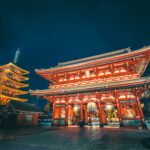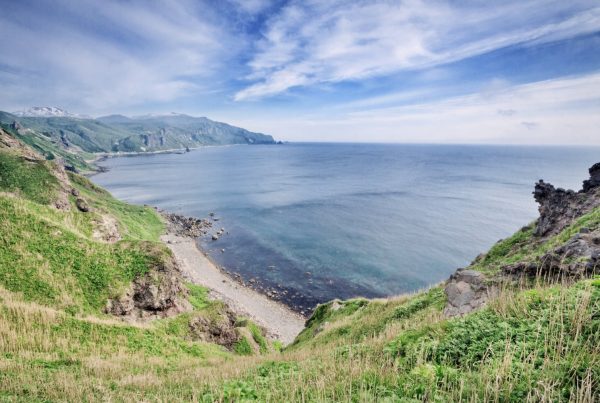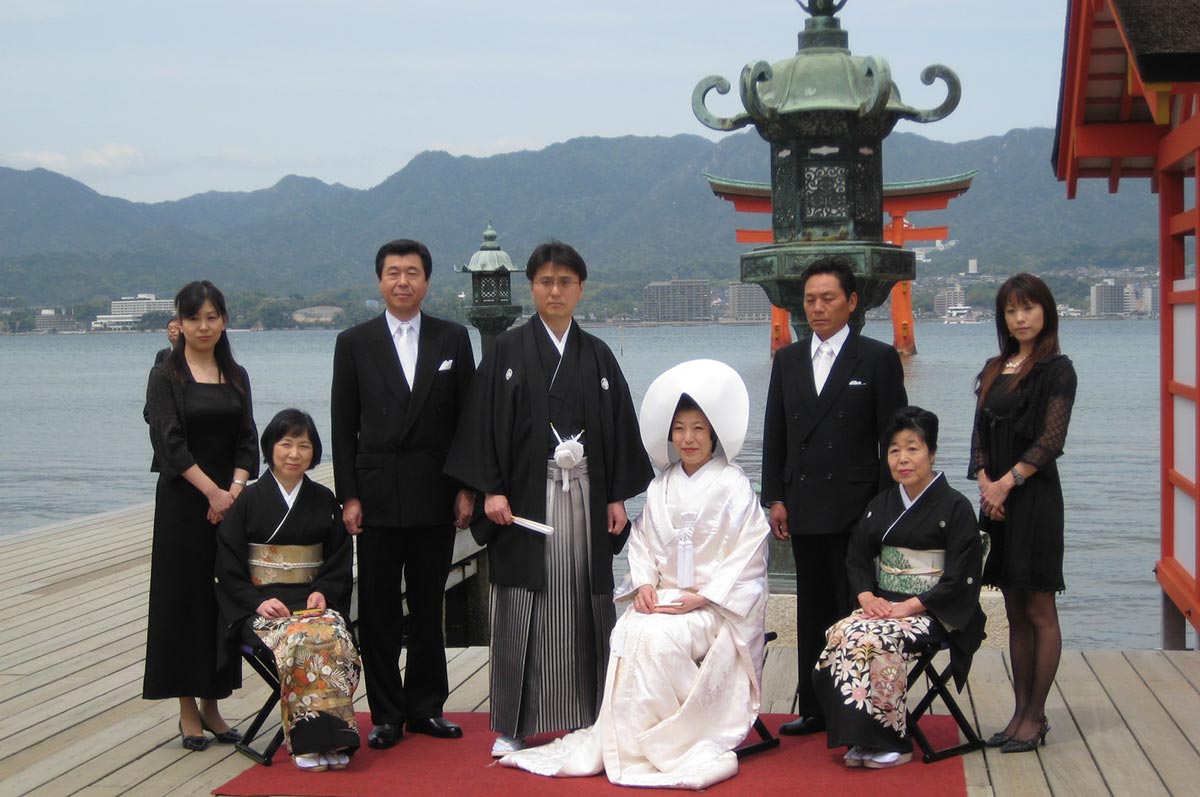Japan’s recent approval of plans to open its first gambling resort in Osaka marks a significant turning point in the country’s history of gambling. While casinos have been illegal in Japan for many years, a law passed in 2018 paved the way for exceptions, allowing games like poker and baccarat to create job opportunities and boost tourism. The decision has sparked mixed reactions among the public, with concerns about potential increases in crime and gambling addiction.
Japan Approves its First Gambling Resort in Osaka
The forthcoming complex, set to open in 2029, will span an impressive 5.3 million square feet and encompass various amenities, including a hotel, conference centre, shopping mall, and museum. The ambitious project aims to position the casino as a tourism base that showcases Japan’s unique charm to the world. Prime Minister Fumio Kishida expressed his hopes for the resort’s positive impact on the country’s tourism industry.

The casino venture in Osaka is backed by a significant initial investment of 1.8 trillion yen ($13.5 billion) from a consortium of stakeholders. US-based casino operator MGM and Japan’s Orix Group each hold a 40% stake in the company, with local entities such as West Japan Rail, Kansai Electric Power, and Panasonic collectively owning the remaining 20%. Japanese officials anticipate that the resort will attract approximately 20 million visitors annually and generate around 1 trillion yen in economic benefits for the region each year, as reported by a Japanese news service.
Overcoming Obstacles
The road to approving the casino project has been arduous. Originally proposed years ago, it faced delays due to the Covid-19 pandemic and a corruption scandal involving a ruling-party lawmaker accused of accepting bribes while overseeing casino policy. However, despite these setbacks, the development has now received the green light, positioning Japan as an emerging and promising market for gambling, especially with regards to online casino games like these.
Japan’s Growing Potential
Japan’s allure as a gambling destination lies not only in its status as the world’s third-largest economy but also in its geographical proximity to affluent Asian gamblers, particularly from China. Macau, the only Chinese city where casino gambling is legal, has long been a hub for high-stakes gambling, attracting visitors from across the region.
Following the Lead
This landmark decision has opened doors for similar proposals across the country. The Nagasaki prefecture, for instance, has submitted a plan to build a casino at Huis Ten Bosch, a Dutch-themed theme park. Such developments signify a broader shift in Japan’s approach to gambling, embracing it as a means to boost local economies and attract international visitors.
From Tradition to Modernisation
The history of gambling in Japan dates back centuries, with various forms of wagering and betting being part of the cultural fabric. Traditional games like hanafuda, a card game, and pachinko, a vertical pinball-like machine, have enjoyed popularity for generations. However, the legalisation of casinos represents a modern departure from the restrictive approach of the past and an acknowledgement of the potential and benefits that come with regulation.
Conclusion
As the opening of Japan’s first casino approaches, all eyes are on Osaka and the potential it holds as a new gambling hotspot. Japan can now pave the way for a prosperous and sustainable future in the realm of gambling and tourism.









